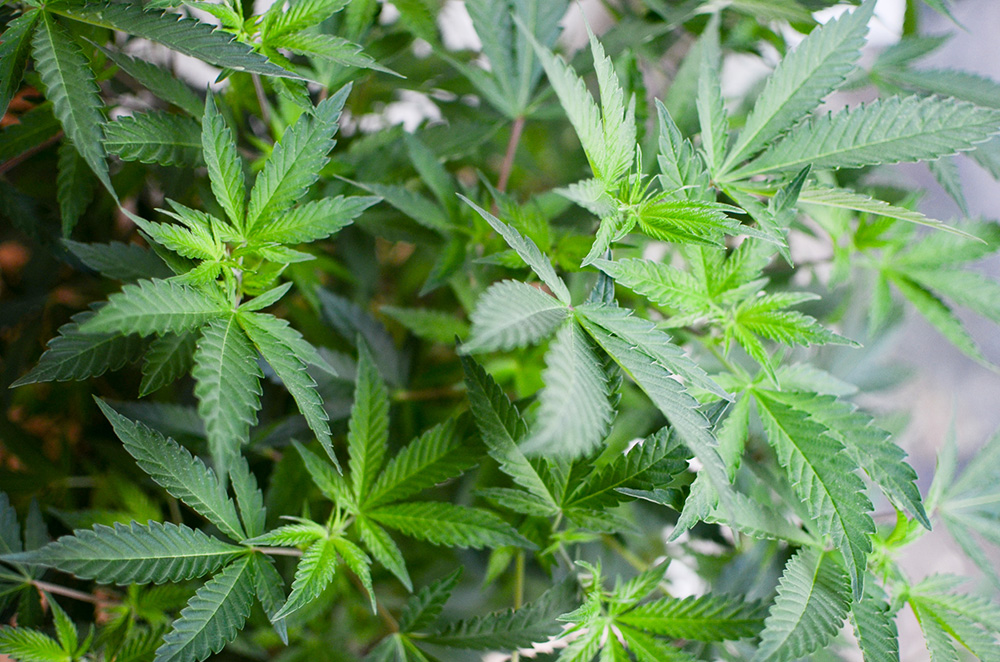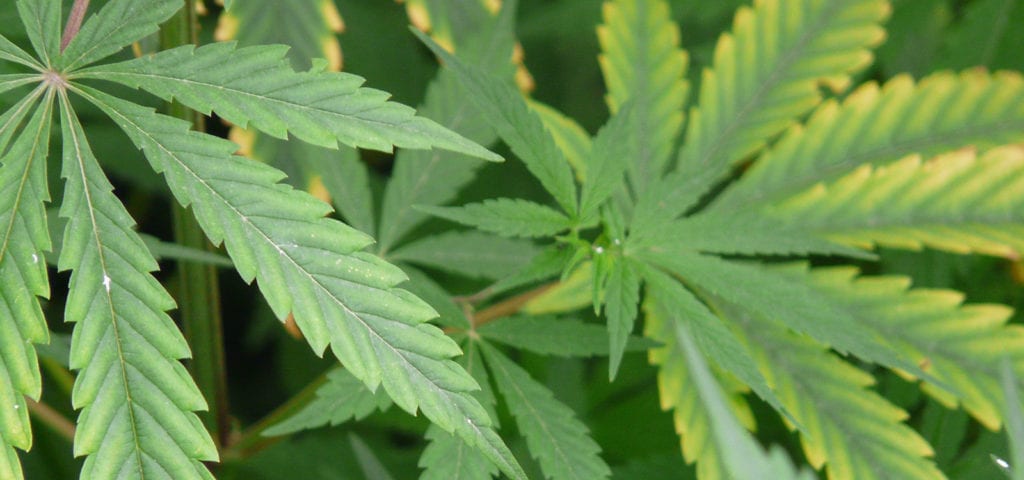It’s, so far, been a banner year for hemp policy as Alaska, Kansas, Arizona, and Oklahoma each passed industrial hemp legislation during their respective sessions while two other states – New York and South Carolina – expanded their programs; while one state program, Wisconsin, came online. Illinois, too, is just one Senate concurrence vote away from sending its own hemp legislation to the governor.
New hemp programs
The industrial hemp legislation approved in the four states all implement so-called pilot programs, requiring farmers to register their crops with the state and, in most cases, partner with an institute of higher education for research and development. Each state requires the plants to contain 0.3 percent THC or less and seeds to be approved by respective state agricultural agencies.
It’s unclear the scope of each state’s program as the definitions for “research” vary from program-to-program in states that permit hemp cultivation. Arizona’s law includes “marketing” in its research definition, which means producers will be permitted to sell their products to consumers. Kansas’ and Oklahoma’s pilot programs require producers to partner with institutes of higher education for research. In Kansas, growers can partner with the University of Kansas, Kansas State University, Wichita State University, Pittsburg State University, Fort Hays State University, and Emporia State University. Oklahoma’s law does not specify the appropriate schools; however, at least two schools – Pawnee Nation College and Langton University – already have partnerships in place. The state’s largest agricultural university, Oklahoma State University, will not participate in the inaugural program because, according to officials, the law was passed too late to get seed in the ground.

Alaska’s law excludes CBD from the state definition of “hashish oil” and clarifies that adding industrial hemp to food “does not create an adulterated food product,” opening the door for CBD-infused foods and beverages. Oklahoma’s law specifies that even CBD derived from industrial hemp plants will remain defined as “marijuana” and illegal. Neither Arizona’s nor Kansas’ law specifically address the CBD issue. The issue could be clarified when state officials devise the program rules; emails to agriculture officials in both states seeking clarification on this issue were not returned.
Wisconsin’s industrial hemp pilot program also came online this year, allowing the state’s farmers to grow the crop and sell products to consumers. Earlier this month, the state Attorney General’s Office issued a clarification to the Legislature-approved law, indicating that hemp-derived CBD products would be among those allowed to be offered to consumers. Wisconsin’s law could be seen as a breath of fresh air in a state with a CBD-only medical cannabis program.
Hemp program expansions
Two states also announced expansions to their hemp programs: New York and South Carolina. New York Gov. Andrew Cuomo in April announced that hemp would be cultivated on 3,500 acres throughout the state, up from 2,000 in 2017, and that the state would earmark $650,000 for a hemp processing plant, another $2 million for a state-run hemp seed certification program, and another $10 million in grant funding to advance hemp research and economic development opportunities – a considerable investment for a burgeoning industry. Cuomo indicated that more than 60 new farmers and businesses received hemp cultivation permits for this year, in all there are about 100 licensed cultivators in the state, according to a Press Connects report.
In South Carolina, officials have doubled the number of available permits from 20 to 40 and doubled the number of allowed acres from 20 to 40. More than 130 people applied last year to participate in the program. That state law, however, also requires farmers to partner with a university.
Hemp program setbacks
In Indiana, Gov. Eric Holcomb reportedly requested the Legislature change a bill which would have legalized industrial hemp production to a simple feasibility study. Holcomb spokeswoman Stephanie Wilson told the Indy Star that the governor was “not opposed to the idea oof industrialhemp” but wanted to be sure the state was able to properly regulate the industry. That amended bill passed the House in January, and the Senate the following month. That study is expected by the end of the summer.
Indiana does have an industrial hemp pilot program; however, only Purdue University has grown any hemp crops under the regime.
And in Oregon, lawmakers approved a measure to classify hemp seed as agricultural product “for purposes of statutes regulating labeling, testing, certifying or other aspects of seeds.” The bill includes testing requirements and bars unlicensed individuals from producing, processing, or storing homemade industrial hemp extracts, such as CBD.
However, a month later the Oregon Liquor Control Commission temporarily suspended issuing hemp cultivation certificates to Oregon Department of Agriculture-registered growers until the agency completes the rulemaking process.
In all, 39 states now allow some form of hemp production – which remains illegal at the federal level. In April, Senate Majority Leader Mitch McConnell introduced legislation to change that. The Hemp Farming Act of 2018 carries 24 bi-partisan cosponsors.
Get daily cannabis business news updates. Subscribe
End
